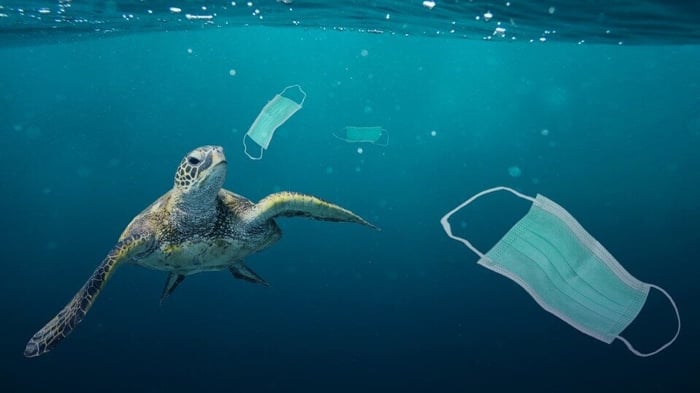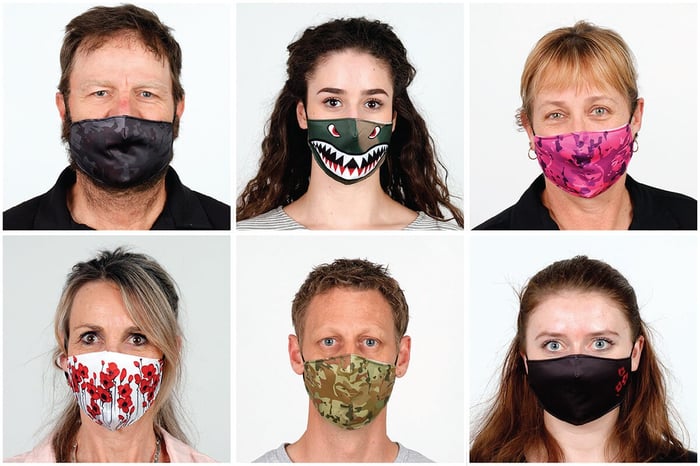
Unmasking Truth: Importance of Face Masks and Environmental Impact
In Australia, face masks have become essential in combating COVID-19 and protecting public health. While initially driven by urgency to curb the virus, their use remains prominent. Many still wear masks, especially in crowded places, as a precaution. They symbolise our resilience and commitment to health. As we reflect on our COVID-19 journey, masks serve as a reminder of our dedication to safety and preparedness for future challenges.
But in response to the recent news like…
“New COVID-19 subvariants dubbed FLiRT set to drive fresh wave of cases”
“New virus variants threaten a summer Covid-19 wave, but experts say the risk remains uncertain”
the call for renewed mask-wearing serves as a crucial safeguard against potential transmission and underscores the ongoing need for preventive measures in our efforts to mitigate the spread of COVID-19, particularly in the winter season.

Surgical or Cloth Face Masks?
Various face masks offer different benefits and drawbacks. Medical masks like surgical masks and N95 respirators provide high filtration and are used in clinical settings for excellent protection against respiratory droplets and airborne particles. However, they can be uncomfortable for prolonged wear and can come out quite costly for daily use. Cloth masks, made from materials like cotton, are comfortable, reusable, and customisable. While they may not filter as effectively as medical masks, they still provide a barrier against respiratory droplets and can help reduce infection spread in community settings.
A National Geographic article states that surgical mask wearers, disease was reduced by 66 percent, and for cloth mask wearers, it was reduced by 56 percent.

Environmental Concerns and Solutions
The environmental impact of discarded face masks has become a pressing concern, with millions of disposable masks polluting land and oceans worldwide. Improper disposal leads to significant pollution, threatening wildlife and ecosystems.
How do we combat this issue? - With proper disposal methods and eco-friendly alternatives.
- Don’t be a litterbug—even with PPE
- Choose washable cloth masks – it makes a big difference
By embracing responsible practices and sustainable choices, we can mitigate the environmental damage caused by discarded face masks and protect our planet for future generations.
Our journey through COVID-19 has been marked by resilience and compassion. As we continue to navigate uncertain terrain, let us remain steadfast in our commitment to health, safety, and sustainability.
Discover Contact Gear Australia's high-quality cloth face masks crafted for comfort and functionality. Available in various stylish designs, they offer reliable protection against respiratory droplets and airborne particles. Together, we can overcome challenges, protect our communities, and emerge stronger on the other side.
Contact Gear cloth face masks from The Military Shop, Australia,
Sources:
- https://7news.com.au/news/new-covid-19-subvariants-dubbed-flirt-set-to-drive-fresh-wave-of-cases-c-14771892
- https://www.nationalgeographic.com/science/article/if-no-one-else-is-wearing-a-mask-should-you
- https://edition.cnn.com/2024/05/17/health/flirt-covid-variants-summer-wave-risk/index.html










